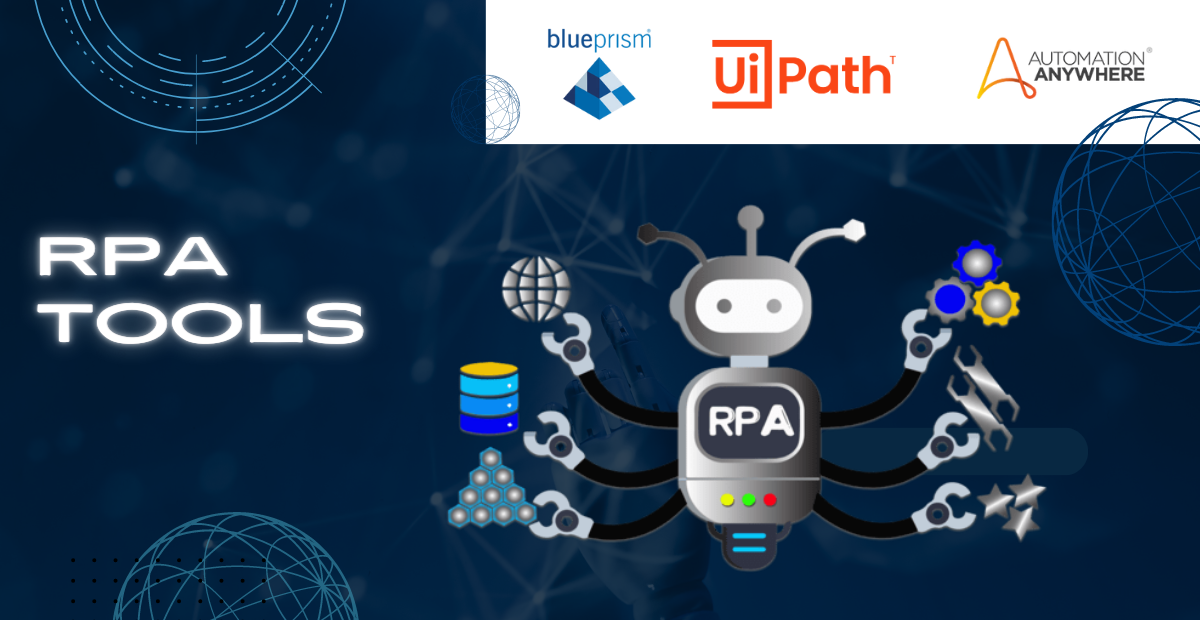Introduction
Artificial intelligence (AI) has been a game-changer for businesses, providing them with insights into their operations and customer behavior. However, when it comes to B2B data, AI faces significant challenges. B2B data is more complex and less standardized than B2C data, making it difficult for AI to analyze it effectively. In this blog, we explore why AI struggles with B2B data and offer some solutions to overcome these challenges.
The Importance of B2B Data
B2B data is crucial for businesses to understand their customers, market trends, and competitive landscape. It includes data on company profiles, industry trends, financial performance, customer behavior, and more. With the right B2B data, businesses can make informed decisions about sales and marketing strategies, product development, and business growth.
Challenges for AI in Analyzing B2B Data
While B2B data is essential for businesses, it presents significant challenges for Artificial Intelligence. Here are some of the key challenges:
a. Lack of Standardization
B2B data is less standardized than B2C data, making it difficult for AI to analyze it effectively. There are often variations in how companies categorize their data, leading to inconsistencies that can skew the results of AI analysis.
Read more: What is the Metaverse? | EXARTA Metaverse
b. Incomplete or Inaccurate Data
B2B data can be incomplete or inaccurate, leading to errors in AI analysis. For example, if a company’s financial data is incomplete, AI may make incorrect predictions about its financial performance.
c. Data Privacy and Security Concerns
B2B data often contains sensitive information about companies and their customers, making it subject to strict privacy and security regulations. This can make it challenging for AI to access and analyze the data without violating these regulations.
Solutions for AI to Overcome B2B Data Challenges
To overcome these challenges, AI needs to take a different approach to analyzing B2B data. Here are some solutions:
a. Data Cleaning and Preparation
Data cleaning and preparation are critical for AI to analyze B2B data effectively. This involves removing inconsistencies, filling in missing data, and ensuring that the data is accurate and complete.
b. Integration of Multiple Data Sources
B2B data often comes from multiple sources, such as CRM systems, ERP systems, and third-party databases. AI needs to integrate data from these sources to get a comprehensive view of the business.
Read more: Five Pillar Technologies that are Powering the Metaverse – EXARTA
c. Use of Advanced Analytics and Machine Learning Algorithms
AI can overcome B2B data challenges by using advanced analytics and machine learning algorithms. These tools can identify patterns and trends in the data, predict future outcomes, and provide insights into customer behavior and market trends.
Conclusion
B2B data is essential for businesses, but it presents significant challenges for AI. To overcome these challenges, AI needs to take a different approach to analyzing B2B data, including data cleaning and preparation, the integration of multiple data sources, and the use of advanced.




